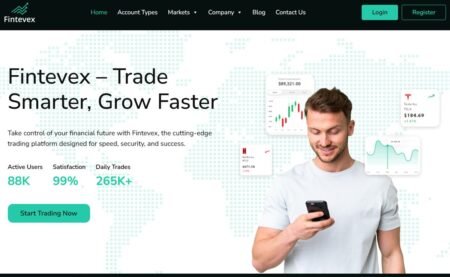This EU Council Directive establishes common arrangements for products subject to excise duty in order to guarantee their free circulation.
Advertisement
ACT
Council Directive 2008/118/EC of 16 December 2008 concerning the general arrangements for excise duty and repealing Directive 92/12/EEC.
SUMMARY
This Directive establishes the general arrangements for excise duties which affect the consumption of:
- energy products and electricity covered by Directive 2003/96/EC;
- alcohol and alcoholic beverages covered by Directives 92/83/EEC and 92/84/EEC;
- manufactured tobacco covered by Directives 95/59/EC, 92/79/EC and 92/80/EC.
These products are subject to excise duties at the time of:
- their production, including, where applicable, their extraction, within the territory of the Community;
- their importation into the territory of the Community.
On condition that they do not give rise to formalities on the crossing of frontiers between Member States, Member States may also levy taxes on:
- products other than excise goods;
- the supply of services, including those relating to excise goods, which cannot be characterised as turnover taxes.
This Directive applies to the territory of the European Community with the exception of certain territories such as:
- the Canary Islands;
- the French overseas departments;
- the Åland Islands;
- the Channel Islands.
Chargeability, reimbursement, exemption
Excise duties are chargeable at the time of release for consumption in the Member State concerned. The person liable to pay the excise duty is generally the authorised warehousekeeper or the registered consignee.
Excise goods which have been released for consumption may be the subject of reimbursement or remission. The Member States fix the relevant conditions.
Excise goods are exempted from payment of excise duty where they are intended to be used:
- in the context of diplomatic or consular relations;
- by international organisations;
- by the armed forces of a State;
- by the British armed forces stationed in Cyprus;
- under an agreement concluded with third countries or international organisations.
Member States may also exempt from payment of excise duty excise goods supplied by tax-free shops which are carried away in the personal luggage of travellers to a third territory or to a third country taking a flight or sea-crossing.
Production, processing and holding
The rules concerning the production, processing and holding of excise goods are determined by each Member State. These operations, where the excise duty has not been paid, must take place in a tax warehouse.
Movement of excise goods under suspension of excise duty
Excise goods may be moved under a duty suspension arrangement within the territory of the Community, from a tax warehouse or from a place of importation to another tax warehouse, an authorised consignee, a place of exportation from the European Community or a beneficiary of the exemption referred to in point 7 above. A movement of excise goods must in principle take place under cover of an electronic administrative document.
The competent authorities of the Member State of dispatch must request from the authorised warehousekeeper or registered consignor a guarantee which covers the risks inherent in the movement under suspension of excise duty.
Movements and taxation of excise goods after release for consumption
Excise duties may be charged only in the Member State in which the goods are acquired by a private individual. To determine whether the excise goods are intended for a private individual, Member States take account of:
- the commercial status of the holder of the goods;
- the place where the goods are located;
- any document relating to the goods;
- the nature of the goods;
- the quantity of the goods.
Where excise goods intended for consumption in a Member State are held for commercial purposes in another Member State, the goods are subject to the excise duties of that other Member State. Excise duties paid in the first Member State may be reimbursed.
In the case of distance selling from one Member State to another Member State, the vendor must pay excise duty in the Member State of destination.
Member States may also require that excise goods carry tax markings or national identification marks.
Directive 2008/118/EC repeals Directive 92/12/EC from 1 April 2010.
REFERENCES
Council Directive 2008/118/EC
Entry into force: 15.1.2009
Deadline for transposition in the Member States: 1.4.2010
Official Journal: OJ L 9 of 14.1.2009







